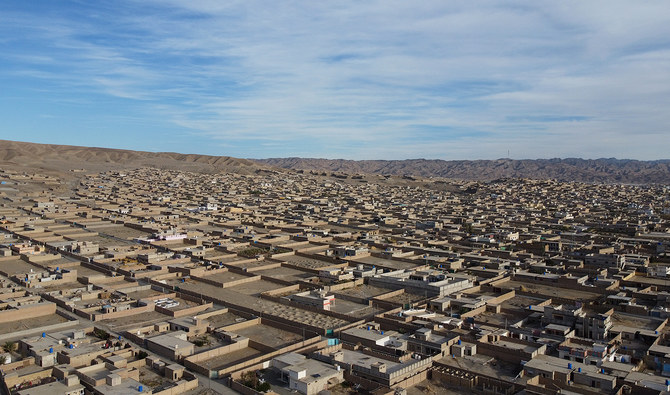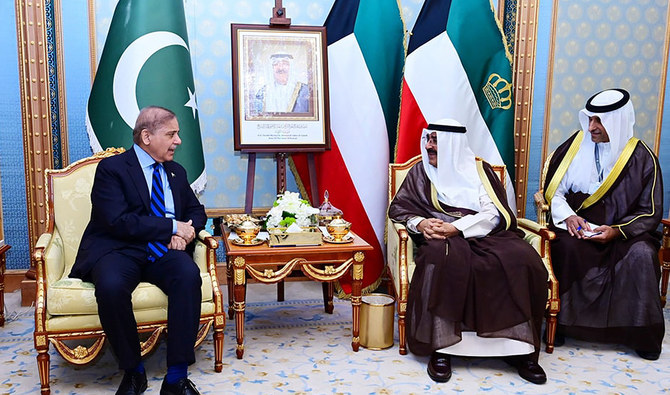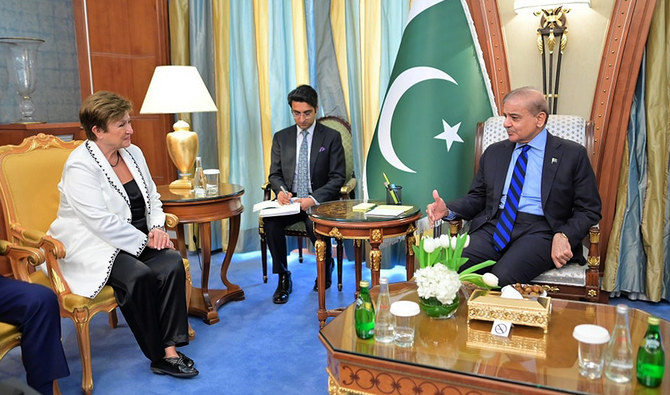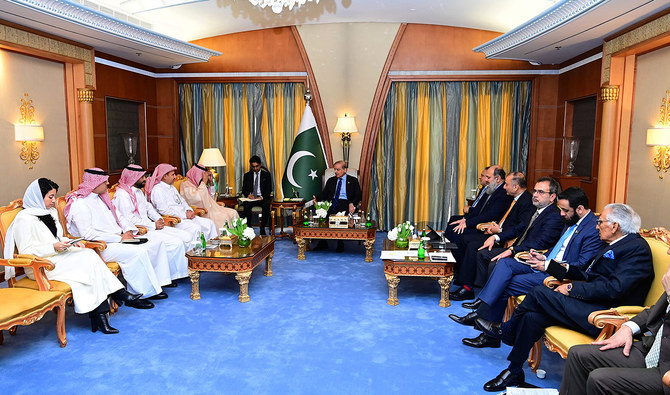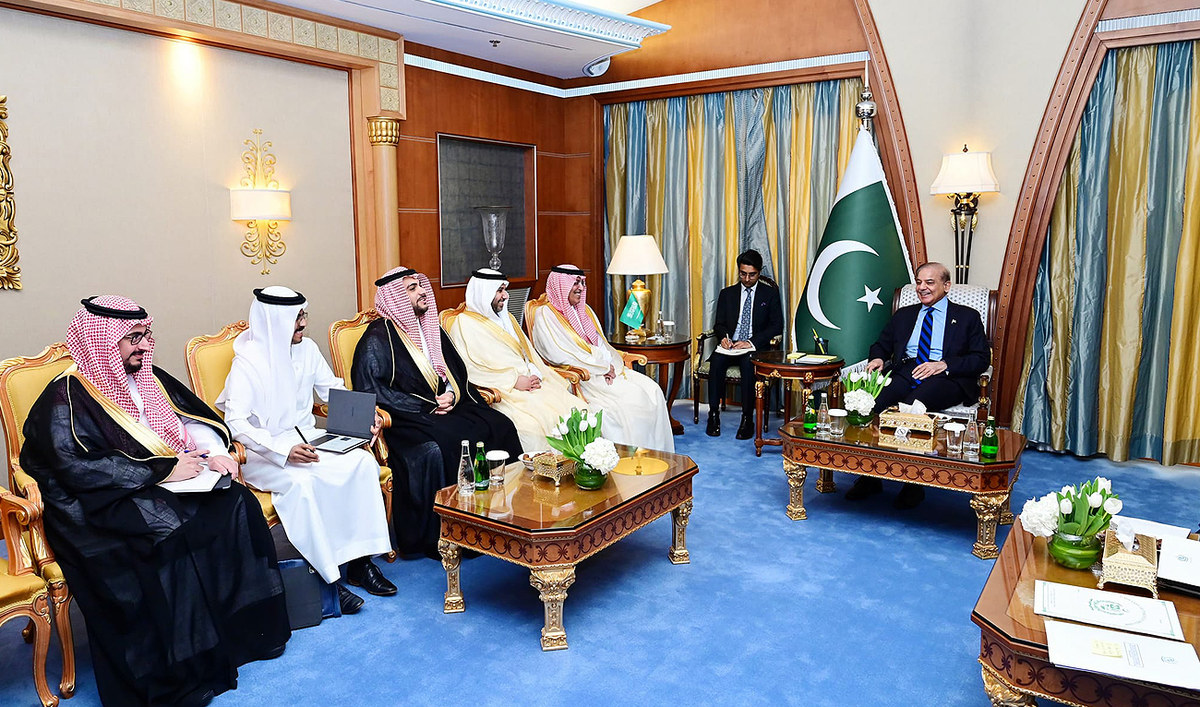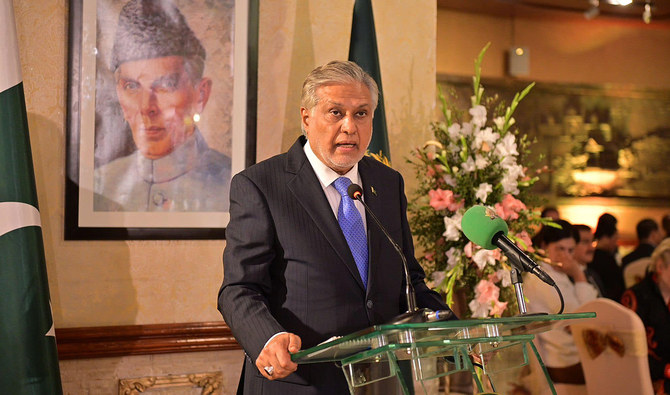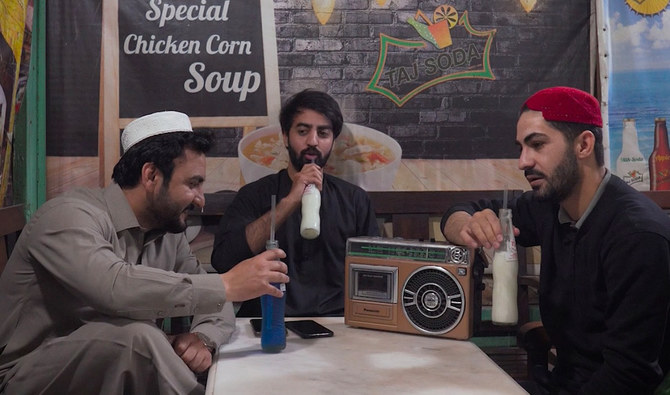NUSHKI, Balochistan: In southwestern Pakistan, there is one constituency like none other in the country, spread over a land area of almost 100,000 square kilometers, home to one of the world’s largest copper and gold mines, and featuring a lengthy border with Iran and Afghanistan.
But the large expanse of land that forms the NA-260 constituency, spanning the districts of Chagai, Nushki, Washuk and Kharan in the Balochistan province, offers more problems than solutions for lawmakers and residents alike. Spread over 98,500 square kilometers, it has a total population of over one million people of which only 365,589 are registered voters. Most of the voters are from ethnic Baloch tribes and speak the local Balochi and Brahvi languages.
Balochistan is Pakistan’s largest province by land but its most backward by almost all economic and social indicators. For decades it has been plagued by a low-level insurgency by militants fighting for a greater share of the province’s wealth.
Indeed, NA-260 could very well be a microcosm for the province’s plight: rich in land and mineral wealth but often lacking even the rudiments of modern life. Chaihai district, for instance, is home to Reko Diq, one of the world’s largest undeveloped copper and gold deposits, but lacks employment opportunities and basic facilities like Internet, health and education.
“The [size of the] constituency of NA-260 is equal to Pakistan’s northwestern Khyber Pakhtunkhwa (KP) province in terms of land area,” Hashim Notezai, who won from the constituency in 2018 and is contesting in Feb. 8 general elections, told Arab News during campaigning activities.
“But KP has 45 National Assembly seats, and Balochistan has only 16,” the Balochistan National Party Mengal (BNP M) candidate added.
“MASSIVE CHALLENGE“
In Pakistan, seats in legislative bodies are allocated among provinces according to their population. Balochistan has a population of only 14.89 million people in a country of over 240 million and is hence allocated only 16 National Assembly seats. Punjab, with a much smaller land area but a population of 127.68 million, gets 141 seats.
Out of Balochistan’s 16 seats, four large districts in NA-260 comprise only one National Assembly constituency. Canvassing for votes is extremely tough here given poor infrastructure in the province and the thousands of square kilometers that candidates need to cover during campaigning. Governing such a large area as well as providing it basic necessities remains a “massive challenge,” Notezai said.
“Reaching out to every single home situated in NA-260 is impossible even in a year of election campaigning because this is a sparsely populated land,” Pakistan Muslim League-Nawaz (PML-N) candidate, Sardar Fateh Muhammad Hassani, told Arab News.
“[An area] with no road or [land] routes, it sometimes takes two hours to cover a distance of 5km … And our population is also scattered, these are mountainous areas.”
He cited corruption and mismanagement of resources as the prime causes for NA-260’s underdevelopment.
“This constituency shares a 750-kilometer border with Afghanistan and more than 400 kilometers [of border area] with Iran, but local youth are jobless,” Hassani said.
Fahad Khalid, 23, a resident of the Qadir Abad neighborhood in Nushki, said people had to travel hundreds of miles away to the province capital of Quetta just to access hospitals and schools.
“We demand that the election commission of Pakistan create new National Assembly constituencies in Rakshan Division [NA-260] to ensure facilities for the local tribes,” Khalid told Arab News.
Another Nushki resident, 44-year-old Ibrahim Khalid, regretted that a single representative got to represent the country’s largest constituency.
“Although the land is replete with such natural resources including Reko Diq and Saindak [gold, copper and silver] mining projects,” Khalid said, “people living in the remote constituency face multiple challenges, including water and electricity shortages.”
Responding to questions about why Belochistan and NA-260 remained underdeveloped, Balochistan’s provincial information Minister Jan Achakzai admitted the “vast region” had received inadequate investment and attention in the past. But he said the development and exploration of mines was now being fast tracked and the Special Investment Facilitation Council, set up by the federal government last year, to bring in foreign investment was treating Balochistan as a priority.
“Provincial natural minerals are now being developed, and for the first time a special mechanism has been devised to expedite foreign investment in the region,” Achakzai said.
“Already we have [Canada’s] Barrick Gold Corporation investing billions of dollars in the Reko Diq project that will pave the way for the development of this constituency.”



